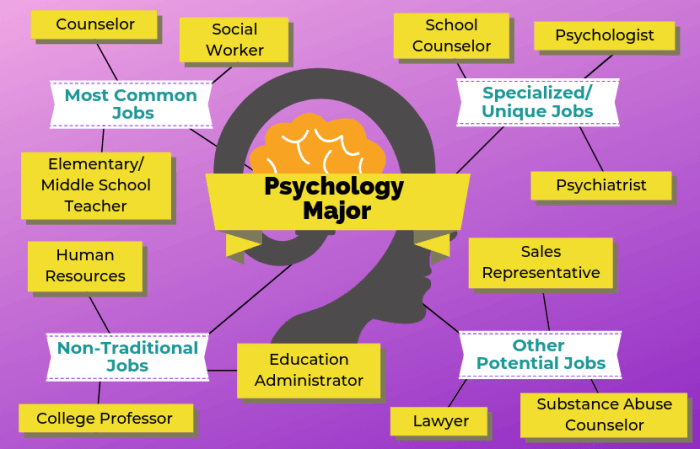Hard Skills
- Statistical Analysis: Analyzing data to draw meaningful conclusions.
- Research Methods: Designing and conducting research studies to test hypotheses.
- Psychological Assessment: Administering and interpreting psychological tests to evaluate individuals.
- Therapy Techniques: Using evidence-based therapeutic approaches to help clients.
- Case Management: Coordinating and managing the care of individuals with mental health issues.
Soft Skills
- Communication: Clearly and effectively conveying information to clients, colleagues, and other professionals.
- Empathy: Understanding and responding to the emotions and perspectives of others.
- Active Listening: Paying undivided attention and demonstrating understanding of what others are saying.
- Problem-Solving: Identifying and resolving issues related to client care or organizational functioning.
- Cultural Sensitivity: Understanding and respecting cultural differences that may influence psychological experiences and treatment.
Certifications and Specialized Training
Obtaining certifications and specialized training can enhance job prospects and demonstrate expertise in specific areas of psychology.
- Licensed Psychologist: Required for practicing independently and providing psychological services.
- Board Certification: Specialized training and certification in specific areas of psychology, such as clinical psychology or neuropsychology.
- Continuing Education: Attending workshops, conferences, and online courses to stay updated on the latest research and best practices.
Salary Expectations
Compensation in psychology varies depending on factors such as experience, location, and specialization. According to the U.S. Bureau of Labor Statistics, the median annual salary for psychologists was $82,180 in May 2021.
Experience and Specialization
Psychologists with more experience typically earn higher salaries. Those with specialized training in areas such as clinical psychology or neuropsychology may also command higher compensation.





